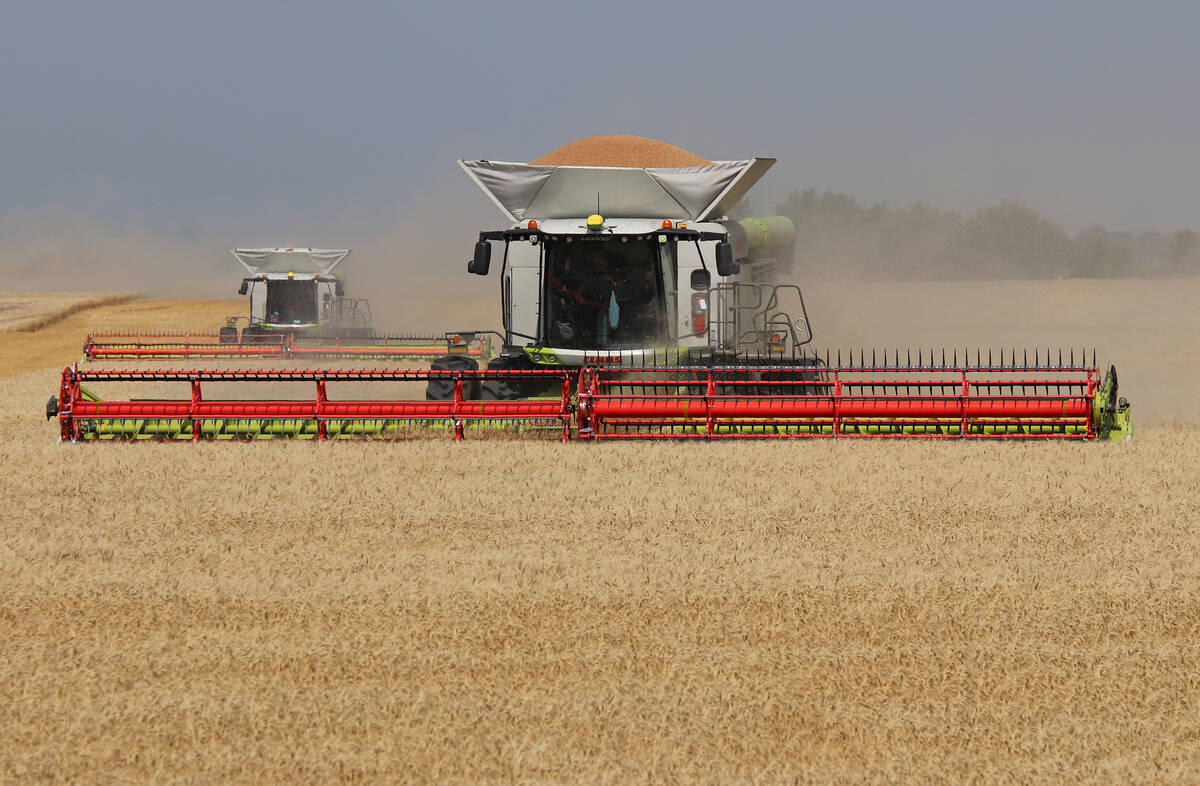BRANDON – They don’t have the biggest export beef industry on the Prairies, but Manitoba cattle producers have discovered they may have the most vulnerable.
When the American border was shut, some Manitoba operators lost their usual feedlots and slaughterhouses and are now discovering they are at the back of the line to get into Canadian facilities.
“We’re having an extremely hard time moving our fats out of the province,” said Manitoba Cattle Producers Association director Scott Hunt during the Keystone Agricultural Producers summer meeting.
Read Also

China’s grain imports have slumped big-time
China purchased just over 20 million tonnes of wheat, corn, barley and sorghum last year, that is well below the 60 million tonnes purchased in 2021-22.
“Most of our business was straight south.”
Many Manitoba farmers and feedlots have traditionally sold their animals directly to American feeders and packers, similar to how Manitoba pig producers sell weanlings and slaughter hogs to American buyers.
Hunt said all Canadian cattle producers have suffered since the closing of the border, but Manitoba producers were hit directly and immediately.
Packers in Alberta and Ontario have put Manitoba cattle at the back of their lines.
“Those areas are tending to look after their loyal customers, leaving us holding the bag,” said Hunt.
“They have some they’ve even loaned money to, and they’re bringing that in first. Because we don’t have the same ties to that market, we’re having a harder time getting in.”
Manitoba abattoirs have tried to fill in the gap, but they have limited capacity.
“One abattoir owner says he is booked until mid-September,” Hunt said in an interview. “It’s one of those shrugging moments where you’re left wondering, ‘what do I do?’ “
Hunt hopes federal compensation can be altered to allow a $2 per day payment for every animal on feed, which would help Manitoba cattle feeders who have the most problem with backups.
The MCPA also wants the federal government to offer more aid and loans if the U.S. border continues to remain closed.
The industry is suffering now, but “we still have a little bit more to fall.”A real industry collapse will occur if the border remains closed into November, after the fall calf run, “at which point our industry will never be the same again.”















